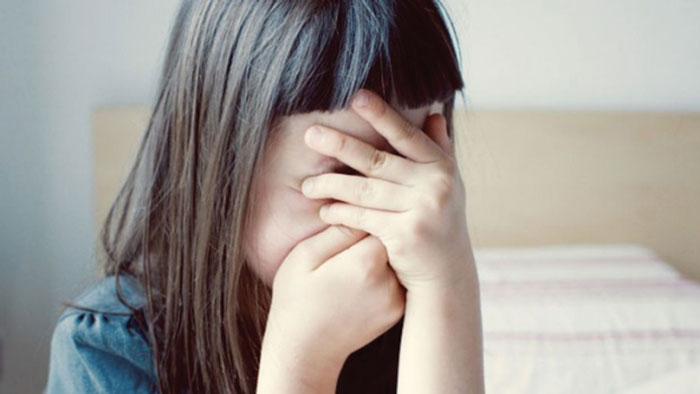
DEARBORN — To this day, some parents in the Arab American community consider mental illness taboo and regard signs in children as part of a “phase” that will pass.
But what if it doesn’t?
The consequences of parents not checking up on their child’s behavior, emotions and reasoning when they notice something unusual can cause much more detriment to the child’s future than they’d expect.
“If they think it is taboo and lose their child, would it be worth it?” Psychotherapist Dr. Hoda Amine of Apex Behavioral Health Western Wayne said. “Wouldn’t it be better to guide them to the safe zone?”
Zaynab Boussi, owner and licensed clinical social worker at Clarity Therapy in Dearborn, said it can be a phase at times, but not when it affects their daily life.
“So yes, it may be just a ‘phase’ the child is going through,” she said. “Generally, children are resilient and are able to cope with the skills they have and work through it. However, if it is affecting his/her daily functioning in life, then it can lead to more serious issues such as depression, anxiety and even suicide.”
Amine said most parents in the community can’t identify mental health issues in their children and usually think there’s a physical problem.
“If their children are going through some kind of insomnia, depression or anxiety, the first thing they do is think there’s something physically wrong with them,” she said. “Once the doctor rules it out and they send the child to see a therapist, this is where I come into the picture. After I do the assessment, I begin to identify some of the issues the kids are going through.”
However, Amine noted that sometimes the parents take it lightly and deny the fact that their child needs help because they fear for their family’s reputation.
“They go into complete denial,” she said.
Boussi encouraged parents to confront the issues.
“As a parent, it is okay to question and ask, ‘does my child need to see a therapist?'” she said. “In some cases, it’s not as clear what has caused a child to suddenly seem withdrawn, worried, stressed or tearful. But if you feel your child might have an emotional or behavioral problem or needs help coping with a difficult life event, trust your gut.”
Boussi said many children experience stress and that it can be healthy if it’s the type that keeps them focused, but too much of it can be a burden. She added that parents can watch for stress in children by keeping an eye on negative changes in behavior, interactions, any signs of self-deprecation or if they keep feeling sick.
According to Amine and Boussi, culture can play a role in Arab American parents’ decisions. Amine said some parents want the therapist to be “culturally competent” in order to understand their child’s lifestyle and sometimes even the superstitions he or she may fear.
Boussi revealed that many of her clients are comforted when they realize she’s knowledgeable of both the Arab and American culture.
“Having been raised in a Muslim-Arab American home has allowed me to appreciate and be mindful of the delicate and challenging aspects of living in seemingly two different cultural settings,” she said. “This brings comfort to many of my clients and their families.”
Amine asked parents to pay attention to their children— their surroundings and the places — from an early age. She said there are many outside influences, with “peer pressure” and “fitting in” as central problems.
She added that electronic games have negatively affected children by decreasing family interactions and attentiveness.
Therefore, Amine advises parents to set rules and especially for mothers to bond with their children without chasing them away with punishments.
“The child trusts the mom more than the dad,” she said. “Let them talk to you. If they are in trouble, help them out. They need to feel trust. They need to be loved unconditionally. You might not like their behaviors, but don’t tell them you don’t like them.”
She explained that any advice parents give their children holds them liable, but simultaneously “sets them free” from possible damages.
Boussi also said children are in need of parental, not materialistic support.
“No one becomes a parent knowing the ins and outs of raising a child,” she said. “Providing support is crucial in raising your child. When I say support, I am not talking about materialistic support. Money is just a decoration in life. Support your children by being there to listen to their concerns, caring for them, offering support without judgment and by being patient.”






Leave a Reply